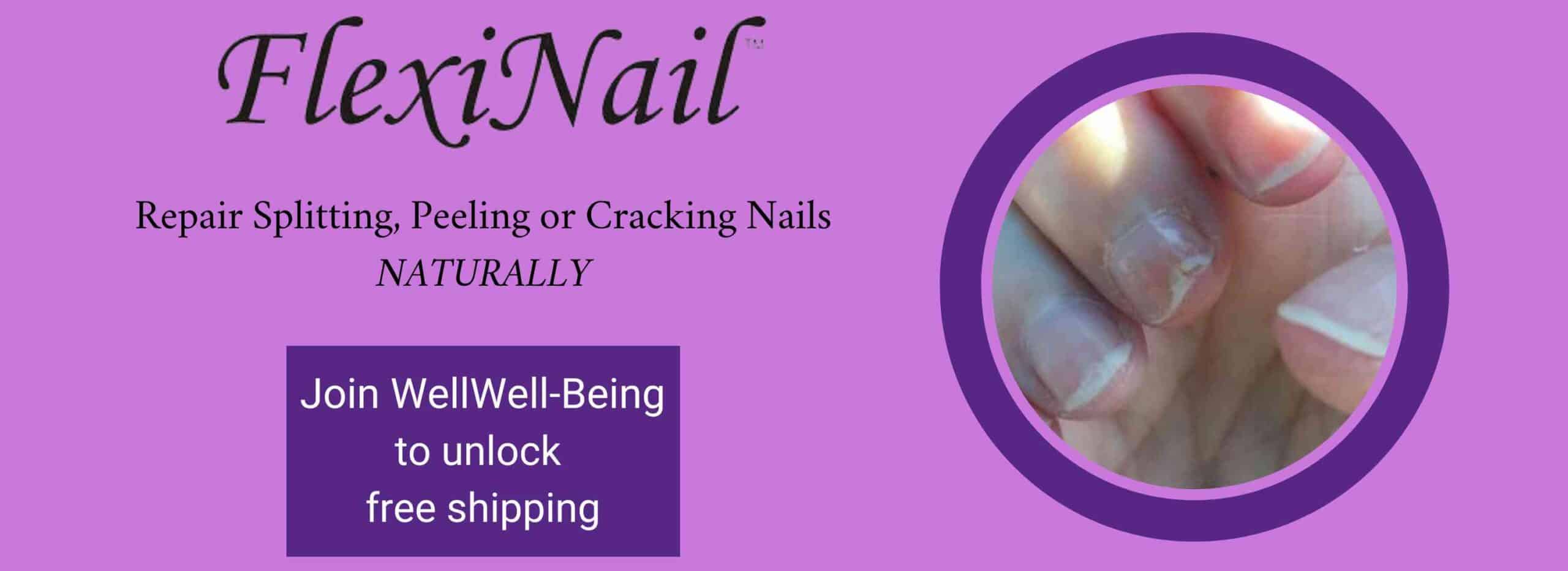By Sean Zucker –
There are plenty of physical changes associated with aging. Hair will grey and fall out; skin will wrinkle and those extra pounds that come with age will be harder than ever to drop. For many, the solution to that extra girth is to simply start sucking in their stomachs. Well, that may be understandable, but the practice is potentially dangerous.
The Cleveland Clinic calls this tummy-tucking phenomenon stomach gripping, which occurs when a person repeatedly and extensively contracts the muscles of their upper abdomen to pull their stomach up and in. At a minimum, regularly performing this action can lead to in-the-moment problems such as trouble breathing and back pain. However, over time it may also create an even more serious disorder known as hourglass syndrome. This is caused by imbalances in the abdominal muscles due to their altered movement patterns. Its presence can often leave an individual with unnatural indents on their lower body, as well.
“Hourglass syndrome is the result of performing stomach gripping often for an extended period of time,” reported Dr. Adam Browning, a Cleveland Clinic chiropractor. “The muscles of the upper abdomen become hypertonic, or tight, and the muscles of the lower abdomen become weak and underused.”
Despite its name, Browning is quick to point out that having hourglass syndrome doesn’t mean that a person’s body will have the often-desired hourglass shape. Instead, these tummy tuckers will be in considerable pain and set themselves up to do real damage to their physical health. The Cleveland Clinic adds that hourglass syndrome can negatively impact breathing to the point of reducing oxygen intake by as much as 30 percent. It may also result in severe neck and back pain as the body tries to find space for the ribs to expand during breathing. With the stomach tucked in, the lungs begin to press upward instead of down creating the pain.
Browning warns that stomach gripping might also weaken the pelvic floor, leading to urine leakage during everyday activities like laughing, coughing or sneezing. “Your soft tissues are weakened by being in a constant state of stretch, without the ability to contract on their own with the same frequency or strength as those in your upper abdomen,” he explained.
Another expert points out that these dangers are currently hitting millennials the hardest due to societal demands and expectations of beauty. “This generation in their thirties are the first who have really grown up with the idea of core—that we have to keep everything tight all the time… But it’s not a healthy choice to be gripping all the time,” reported Julie Wiebe, a clinical assistant professor at the University of Michigan-Flint, in an interview with Today.
Others claim stomach gripping or sucking in your stomach is only one cause of this disorder. Additional triggers can be initiated by people of any age bracket. Another culprit is poor posture that leads the spine to move away from its normal, s-shaped curvature to alter the functioning of the abdominal muscles. Certain congenital conditions like gastroschisis or omphalocele may also factor into hourglass syndrome, according to a report in The Conversation. If these ailments are present at birth, abdominal muscles are at risk of developing incorrectly and igniting muscle imbalances.
The good news is that it’s easy to avoid these problems through early intervention. For those prone to stomach gripping, the easiest way to minimize the risk of hourglass syndrome is to simply stop. Taking action before severe pain occurs can preclude long-term drawbacks.
“It is absolutely something that can be altered, but only if you change your strategy,” Wiebe Wiebe stressed. “We are so resilient. Our body can learn how to do it and it can unlearn it.”














